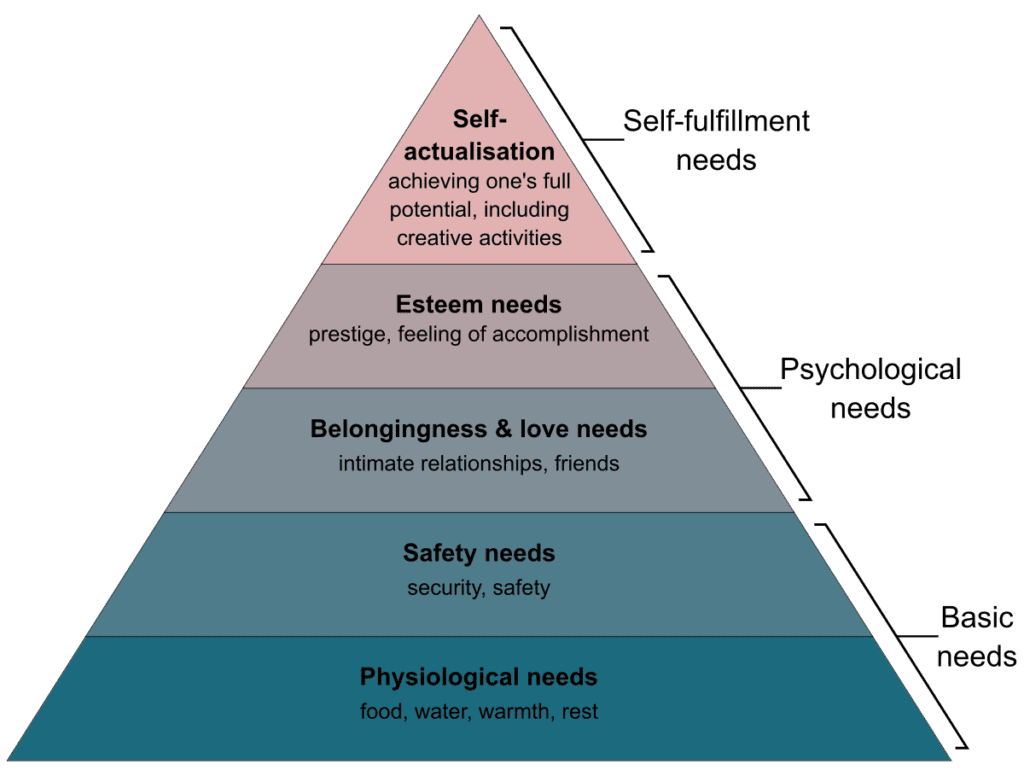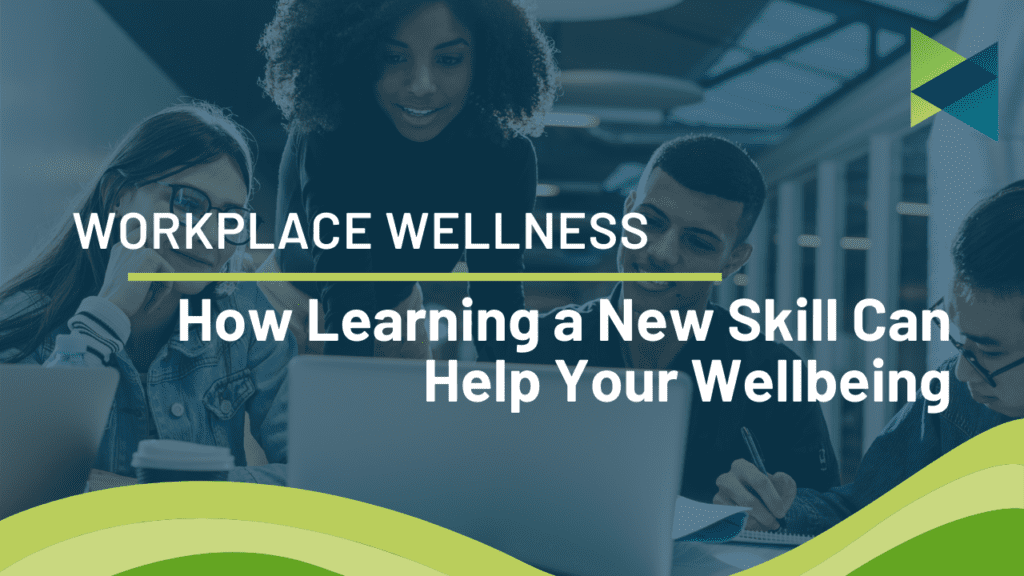Workplace mental health is an extremely complex subject. Everyone has mental health, but everyone will experience it in different ways. Even though it’s a tricky matter to discuss, it’s important that we do. Especially in the context of the workplace.
Now we’re in a second official lockdown across England, many of us are going to imminently feel the negative mental health effects of such a situation. Circumstances such as:
- Social Isolation
- Worrying about job and economic security
- Gloomier and colder weather bringing on SAD
- Concerns about childcare
- Missing out on seeing relatives over the festive period
…and much more, that could leave even the most emotionally resilient of us feeling a little low.
Whether you’re working from home or not, over the next few weeks we’re going to share some achievable, helpful tips for feeling a little better during the COVID-19 pandemic.
Of course, it’s entirely possible that even with the best intentions, these tips might not lift your mood as much as you hope. If you’re suffering a bit more than just feeling lower than usual, it’s important to talk about it with your GP or someone who’s qualified to discuss mental health.
We recommend talking to Samaritans or Mind, who can signpost you to the best source of help.
While we’re on the topic, why not also nominate a workplace mental health ambassador?
We offer a range of mental health courses that will equip staff with the necessary skills to deal with mental health disorders in the first instance, whether that’s helping someone deal with workplace stress, or signposting them to help when they’re dealing with a more serious mental health condition. You can learn more on our Workplace Wellness page.
This week, we’re discussing the benefits of learning and professional development for workplace mental health.
Maslow’s Hierarchy of Needs
Have you heard of Maslew’s Hierarchy of Needs? It’s a theory about what motivates us as humans.
The idea is, we need to fulfill our core needs before we can even think about fulfilling more complex ones. Let’s take a look:

For most of us, we’re really lucky that we probably have our basic needs met. A lot of us are very fortunate and can also attest to having healthy relationships and friends, which covers most of the base of the pyramid.
But when we reach our esteem needs and self-actualisation needs, that’s where many of us come up short.
This is where professional development comes in!
Did you know 89% of 18-34 year olds and 84% of 35-44 year olds would prefer perks over payrises?
This survey included perks such as professional development and on-the-job training.
It just goes to show, people are always seeking to develop themselves to be happier. The bottom line is, people want to better themselves.
The Workplace Wellness Lockdown Challenge

Throughout November, we’re encouraging anyone who has had their workplace mental health affected by the COVID-19 pandemic to try out a new skill.
We know there’s nothing worse than that person on your LinkedIn who comes out of the pandemic with three degrees and a gloating attitude.
Most of us are just trying to do our best after all, and for some of us with mental health issues, our best might be just getting through the day.
So in this challenge we’re not asking you to compete with others, but simply to push yourself to make one positive step forward with self-development.
It can be as simple or as challenging as you like!
For example, our Introduction to Mental Health Awareness course takes just a morning to complete, and all you need to do is grab a nice warm drink, get cosy, and pop our webinar on.
You could even try out one of these online learning sites and watch a really easy to digest video:
- Udemy
- Skillshare
- Youtube
- The Government’s Skills Toolkit
How Can You Provide Professional Development Opportunities as a Decision Maker?
If you’re a manager or similar decision maker within your company, why not harness the power of apprenticeships to upskill your team?
You can put any of your staff through an apprenticeship at any time, as long as they’re over 16. They can gain a qualification from Level 2 (GCSE) to Level 7 (Master’s).
Not only that, you can use apprenticeships to retrain your staff too.
When you complete regular performance reviews with your staff, it may be apparent some would be happier moving into different areas or new opportunities within the company.
For example, someone may be passionate about putting more efficient processes into your current teams – why not train them in Team Leadership?
Apprenticeships can be more affordable for your company than other forms of learning. They also take up less of your employee’s time, meaning they can be much less stressful to complete.
You should also regularly look for opportunities where you can host group workshops for your staff.
This could be to teach them an essential skill, such as First Aid. Or you might teach them a skill that simply betters the work environment, like Mental Health.
These workshops can also be an excellent opportunity for team building. Many workshops can also be run over webinar during the pandemic.
So what skill will you be starting to learn? Let us know in the comments below.





